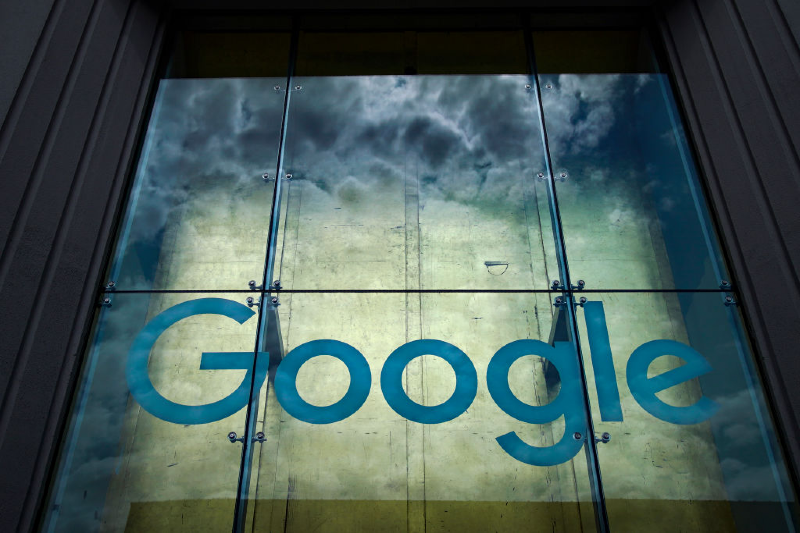Extract from Eureka Street
- Binoy Kampmark
- 20 August 2020
On July 31, the draft news media bargaining code developed by the Australian Competition and Consumer Commission was released. The code grants news media businesses the power to individually or collectively bargain with Google and Facebook over revenue for news that is included on their platforms. As the ACCC explains, digital platforms have tended to lord over conventional news outlets, imposing ‘less favourable terms for the inclusion of news on digital platform services’. The responsibility to administer and police the code falls to the ACCC and would assess which media news businesses qualify to be included.

News businesses, to qualify, need to ‘predominantly produce “core news”, and publish this online’. Professional editorial standards and editorial ‘independence from the subjects of their news coverage’ are also elements, as is the need to ‘operate primarily in Australia for the purpose of serving Australian audiences’. Annual revenue must exceed A$150,000 for the most recent financial year or three out of five most recent financial years.
In an open letter published on August 17 to all Australians, Google’s Australasian managing director Mel Silva struck a menacing note. Be suspicious, she argued, of new regulations being proposed by the Australian government. The Code would ‘dramatically’ worsen Google Search and YouTube. Not content with that, she also argued that it ‘could lead to your data being handed over to big news businesses, and would put the free service to use at risk in Australia.’
Google likes playing the equality-for-all card in the news business. This, from a company that behaves, across the provision of its services, monopolistically and ruthlessly. Silva, for instance, suggests that Google is generous to conventional news sites as it is, paying them millions of dollars and sending ‘them billions of free clicks every year.’ The ACCC is painted as an entity favouring big news outlets who would ‘artificially inflate their ranking over everybody else, even when someone else provides a better result.’
The head of YouTube APAC, Gautam Anand, also claims that the Code would ‘create an uneven playing field when it comes to who makes money on YouTube.’ Only the ‘big news businesses’, as he terms them, would benefit, able to ‘demand large amounts of money over and above what they earn on the platform’. The humble creator, assisted by YouTube, would suffer. However, YouTube is not mentioned in the proposed new media bargaining code.
For smaller outlets, there is the the Publisher Curated News initiative, designed to, in the words of Brad Bender, Google’s Vice President of Product Management News, ‘help participating publishers monetize their content through an enhanced storytelling experience that lets people go deeper into more complex stories, stay informed and be exposed to a world of different issues and interests.’
The PCN initiative has roped in several participants in Australia: Crikey publisher Private Media, InDaily publisher Solstice Media, and the publisher of both The Monthly and Saturday Newspaper, Schwartz Media.
'What the ACCC omitted to mention is that Google is no white knight defender of the common news consumer or news producer. Its business lies in both hoovering data and monetising it.'
Such collaborative approaches should not beguile anyone. Google is allergic to any legislation or regulation that restricts it from refusing to list or downrank news content it has to pay for. We saw it in Spain, when the Google News Service was shut down in retaliation to copyright regulations with a similar effect. Spanish publishers from other international news sites were also removed. Ironically enough, it was news outlets Google had initially collaborated with that had lobbied for changes in the copyright law.
The ACCC’s solution to such conduct will be for Google to give 28 days’ notice to the news organisation whose stories they wish to downrank or delist altogether. This has company officials fuming, as doing so would, according to a Google spokesperson, ‘give all news media businesses advance notice of algorithm changes and explain how they can minimise the effects’.
Such criticism, contends media analyst Belinda Barnet, is simply illogical as notification ‘would not give [the news outlet] an unfair advantage, as no other types of content providers would be targeted for demotion anyway.’ She also scoffs at Google’s privacy concerns, given that gathering user data dealing with articles clicked and time spent on them is already standard fare. And there is the touchy issue of privacy violations, which the ACCC is suing Google over. As former executive Eric Schmidt explained in 2010, giving a sinister insight into the company’s world view, ‘We know where you are. We know where you’ve been. We can more or less know what you’re thinking about.’
The ACCC has attempted to address some of the more outlandish claims of the company. ‘Google,’ it noted in a media release, ‘will not be required to charge Australians for the use of its free services such as Google Search and YouTube, unless it chooses to do so.’ Google would not ‘be required to share any additional user data with Australian news businesses unless it chooses to do so.’ What the ACCC omitted to mention is that Google is no white knight defender of the common news consumer or news producer. Its business lies in both hoovering data and monetising it. Any attempt to threaten that model will be fought with zeal.
 Dr Binoy Kampmark is a former Commonwealth Scholar who lectures at RMIT University, Melbourne.
Dr Binoy Kampmark is a former Commonwealth Scholar who lectures at RMIT University, Melbourne.
No comments:
Post a Comment